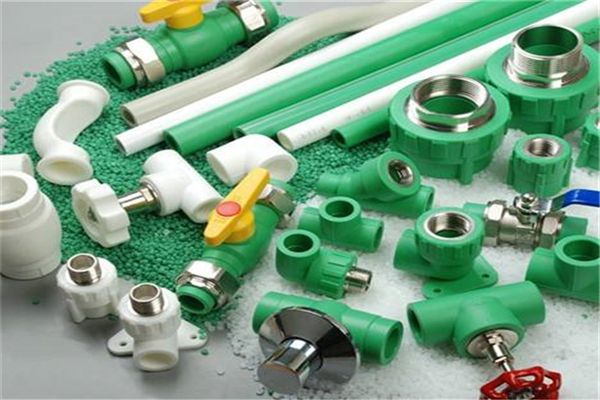Polypropylene Random Copolymer (PPR) pipes have become a cornerstone in modern plumbing and piping systems. Renowned for their durability, versatility, and resistance to chemical corrosion, PPR pipes are widely used in residential, commercial, and industrial applications. The industry is populated by numerous manufacturers who strive to meet the high demands of this essential product. These manufacturers are pivotal in providing solutions that enhance the efficiency and longevity of piping systems. The competitive landscape of the PPR pipe manufacturing industry is characterized by constant innovation, stringent quality controls, and an unwavering commitment to sustainability.
Leading Manufacturers and Their Innovations
The landscape of PPR pipe manufacturing is marked by the presence of industry leaders who continuously push the boundaries of innovation. These top manufacturers invest heavily in research and development to improve the properties and applications of PPR pipes. Companies like Wavin, Aquatherm, and Georg Fischer are at the forefront, offering advanced PPR piping systems that cater to diverse needs. Innovations such as antimicrobial PPR pipes, reinforced PPR pipes for high-pressure applications, and eco-friendly production processes are some of the significant advancements introduced by these manufacturers. Their focus is not just on meeting the current market demands but also on anticipating future trends and needs.
Quality Assurance and Standards Compliance
Quality assurance is a critical aspect of PPR pipe manufacturing. Leading manufacturers adhere to stringent international standards to ensure their products meet the highest quality and safety benchmarks. Standards such as ISO 15874 for PPR piping systems and DIN 8077/8078 for PPR pipes and fittings are meticulously followed. These standards govern various aspects, including material composition, mechanical properties, and performance under different conditions. Additionally, manufacturers implement rigorous testing protocols, including pressure tests, thermal stability tests, and chemical resistance tests, to ensure their products can withstand the demands of real-world applications. This commitment to quality is crucial in maintaining the reliability and reputation of PPR piping systems globally.
Sustainability and Environmental Responsibility
In an era where environmental sustainability is paramount, PPR pipe manufacturers are taking significant steps to reduce their ecological footprint. The production processes are being optimized to minimize waste and energy consumption. Recyclable materials are increasingly being used, and efforts are made to ensure that the end products are also recyclable. Leading manufacturers are adopting green manufacturing practices, such as using renewable energy sources, implementing waste management protocols, and reducing greenhouse gas emissions. Additionally, PPR pipes themselves contribute to sustainability due to their long lifespan and resistance to corrosion, which reduces the need for frequent replacements and maintenance. These sustainable practices not only benefit the environment but also resonate with consumers who are increasingly prioritizing eco-friendly products.
By focusing on quality, innovation, and sustainability, the top PPR pipe manufacturers are setting new standards in the industry, ensuring that their products remain indispensable in modern plumbing and piping systems.Underfloor heating pipe


